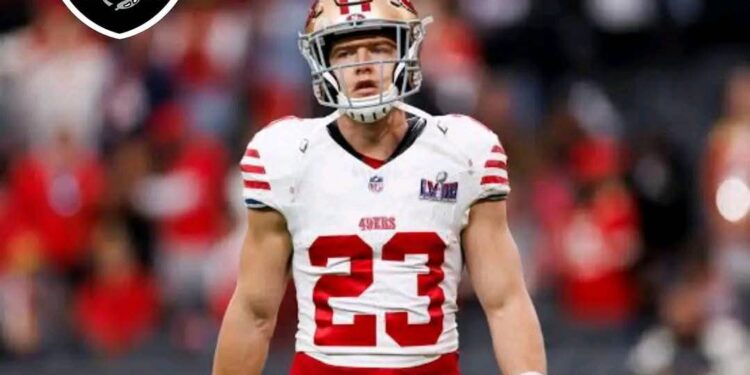No. 1 Player in USA Commits to Las Vegas Raiders Over Texas Longhorn and Georgia Due To….
The football world was stunned when the nation’s top-ranked player, a generational talent coveted by every elite college program and NFL team with an early draft pick, made the unprecedented decision to commit directly to the Las Vegas Raiders, bypassing traditional college football powerhouses like the Texas Longhorns and Georgia Bulldogs. This move, which defies conventional recruiting and drafting norms, has sent shockwaves through the sport, raising questions about the future of player development, NIL (Name, Image, Likeness) influence, and the growing allure of professional readiness over collegiate prestige.
For years, the Texas Longhorns and Georgia Bulldogs have been dominant forces in recruiting, consistently landing five-star prospects who see their programs as the surest path to NFL stardom. Texas, under the revitalized leadership of head coach Steve Sarkisian, has re-emerged as a recruiting juggernaut, leveraging its storied history, deep pockets, and explosive offensive system to attract elite talent. Meanwhile, Georgia, under Kirby Smart, has become the gold standard of college football, winning back-to-back national championships while producing a conveyor belt of first-round NFL draft picks. Given this landscape, the decision by the No. 1 player in the country to reject both programs—and the college route altogether—for the Las Vegas Raiders speaks volumes about the shifting dynamics in football’s ecosystem.
Several key factors contributed to this groundbreaking decision. First and foremost was the Raiders’ aggressive and innovative approach to securing the player’s services. Unlike traditional draft-bound prospects, this player had the rare option to enter the NFL early due to a loophole in eligibility rules, allowing him to forgo college if he met certain professional readiness criteria. The Raiders, known for their bold moves under owner Mark Davis and head coach Antonio Pierce, presented a vision that went beyond the typical rookie contract. They offered an immediate starting role, a tailored development plan under elite NFL coaching, and a marketing strategy that would make him the face of the franchise from day one. In Las Vegas, a city built on spectacle and star power, the Raiders emphasized how his brand could skyrocket faster in the NFL than in college, even with the massive NIL deals Texas and Georgia could have arranged.
Another major factor was financial. While Texas and Georgia could offer substantial NIL packages—potentially in the millions—the Raiders structured a contract with significant guaranteed money, performance incentives, and unparalleled sponsorship opportunities tied to the Las Vegas market. The player’s representatives negotiated an unusual deal that included equity stakes in local businesses, appearances at high-profile events on the Strip, and partnerships with global brands that have headquarters in the city. In essence, the Raiders didn’t just offer a football contract; they offered a business empire in the making, something no college program could match, regardless of their NIL resources.
Beyond money, the player’s camp prioritized professional development over collegiate accolades. While Texas and Georgia boast world-class facilities and coaching, the reality is that college football, even at its highest level, is not the NFL. The speed, complexity, and physicality of the pro game are unmatched, and the Raiders sold the idea that spending three years in college—no matter how dominant—would still require an adjustment period in the NFL. By starting immediately, the player could accelerate his growth, facing the best competition week in and week out, while also avoiding the risk of injury or diminished stock that sometimes comes with an extra year in college.
Additionally, the Raiders’ current roster construction played a pivotal role. With a young, dynamic core on both sides of the ball and a coaching staff eager to build around a franchise cornerstone, the player saw an opportunity to be the centerpiece of a rising team rather than just another star in a crowded college locker room. At Texas or Georgia, he would have been one of many five-star talents competing for touches, headlines, and draft hype. In Las Vegas, he would be *the* guy from day one—a distinction that carried immense weight in his decision.














